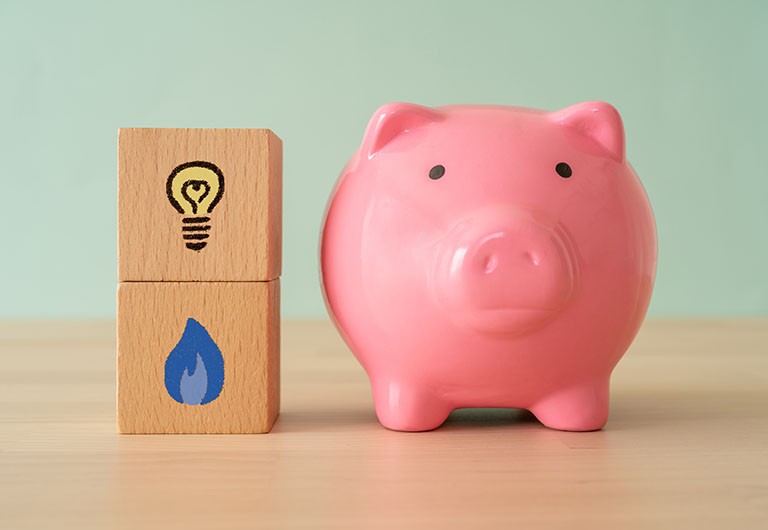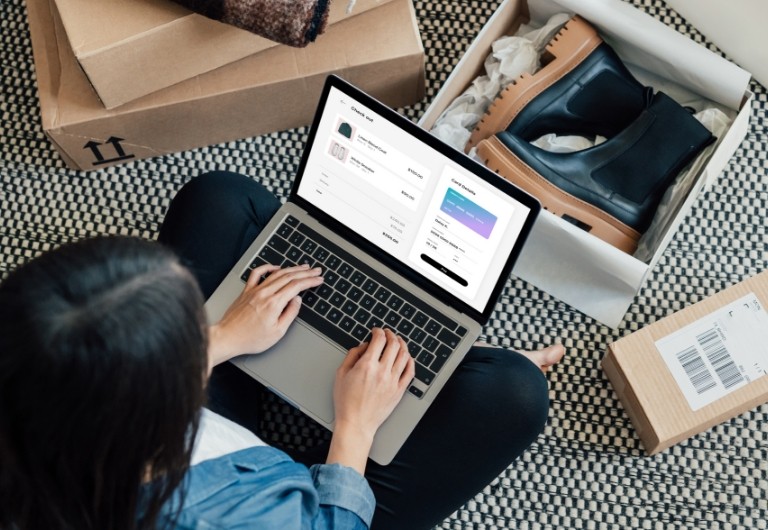How to create a personal budget and why

Managing money can often leave us feeling overwhelmed. It seems like a never-ending challenge to keep track of our everyday expenses, unexpected costs and occasional splurges. After all, who doesn’t like to have a bit of fun now and then?
That’s why it’s essential to have a personal budget. It’s a powerful tool that puts you in control of your finances. A well-planned budget helps you save up for big purchases, stay on top of daily expenses and find ways to get the most out of your money. In this article, we explain why budgeting matters and how you can create a simple, effective plan that works for your lifestyle.
Why you need a personal budget
A personal budget is a financial plan that helps you manage your income, expenses and savings over a specific period, usually one month. It contains an overview of all your financial information, allowing you to:
- Gain financial clarity: Know exactly where your money is going
- Avoid debt: Keep an eye on your financial obligations and prevent overspending
- Save for the future: Set aside money for emergencies, big purchases or retirement
- Reduce stress: Financial uncertainty is stressful – a budget gives you peace of mind
- Maximise your income: Make the most of what you earn by prioritising your spending
Creating a budget doesn’t mean restricting yourself – it’s about giving yourself financial freedom and security.
Step-by-step guide to creating a personal budget
1. Assess your income
Start by calculating your total monthly income. This includes your salary, side hustle earnings, freelance work, government benefits and any other sources of income, such as LifePoints earnings. Knowing your exact income allows you to set realistic spending limits and avoid financial shortfalls.
2. Track your expenses
Understanding your spending habits is the key to creating a budget that works. To do this, monitor your spending habits for a month. Categorise your expenses into:
- Fixed expenses: rent/mortgage, utilities, insurance, subscriptions
- Variable expenses: groceries, entertainment, dining out, shopping
- Savings and investments: emergency fund, retirement savings, earmarked savings for things like cars, appliances, other big-ticket items or vacations
Using a budgeting app such as axio or a simple spreadsheet can make this process easier.
3. Set spending limits
Once you have an overview of your expenses, allocate a fixed amount to each category. A popular approach is the 50/30/20 rule:
- 50% for essentials (rent, bills, groceries)
- 30% for non-essentials (entertainment, dining, hobbies)
- 20% for savings and debt repayments
This approach lets you cover all your needs while still allowing room for flexible spending and long-term financial growth.
4. Identify ways to increase your savings
If you are spending more than you earn, or if you want to save more aggressively, look for areas where you can cut back. Some quick ways to save include:
- Cancelling unused subscriptions
- Cooking at home instead of eating out
- Using cashback apps and rewards programmes
- Earning rewards with LifePoints for extra savings
It may not seem like much at first, but small changes in spending habits can add up over time, making a positive impact on your financial well-being.
5. Automate savings
Setting up automatic transfers to a savings account ensures that you consistently save without the temptation to spend. Even a small amount can make a difference, helping you build an emergency fund or invest for the future. You may also want to consider redirecting any extra earnings, such as LifePoints rewards, into your savings. This will help you offset expenses and free up more of your main income.
6. Monitor and adjust your budget
Your financial situation may change over time due to salary increases, unexpected expenses or lifestyle changes. You should therefore review and adjust your budget regularly to make sure you are still on track.
- Check your spending habits monthly to spot trends
- Adjust budget allocations based on your goals
- Re-evaluate your savings goals periodically to stay on track
Being flexible and proactive with your budget helps you stay in control while adapting to changing financial circumstances.
Tip: Make your budget go further with LifePoints
Looking for a meaningful way to supplement your income? LifePoints lets you earn rewards by sharing your opinions through online surveys. You can use your LifePoints for PayPal credit or gift cards, helping you stretch your budget a little bit more by:
- Reducing everyday expenses: Use rewards for groceries, fuel or entertainment
- Offsetting costs for special occasions: Use gift cards for birthdays, holidays or celebrations
- Making room for savings: Free up cash for emergencies or future goals
Join LifePoints today, make your voice heard and start earning rewards!
Creating a personal budget doesn’t have to be complicated. By following these simple steps, you’ll have a clear financial roadmap that helps you stay on top of your expenses, save for the future and reduce financial stress. So take charge of your finances and don’t forget to sign up for LifePoints to give your budget an extra boost.



